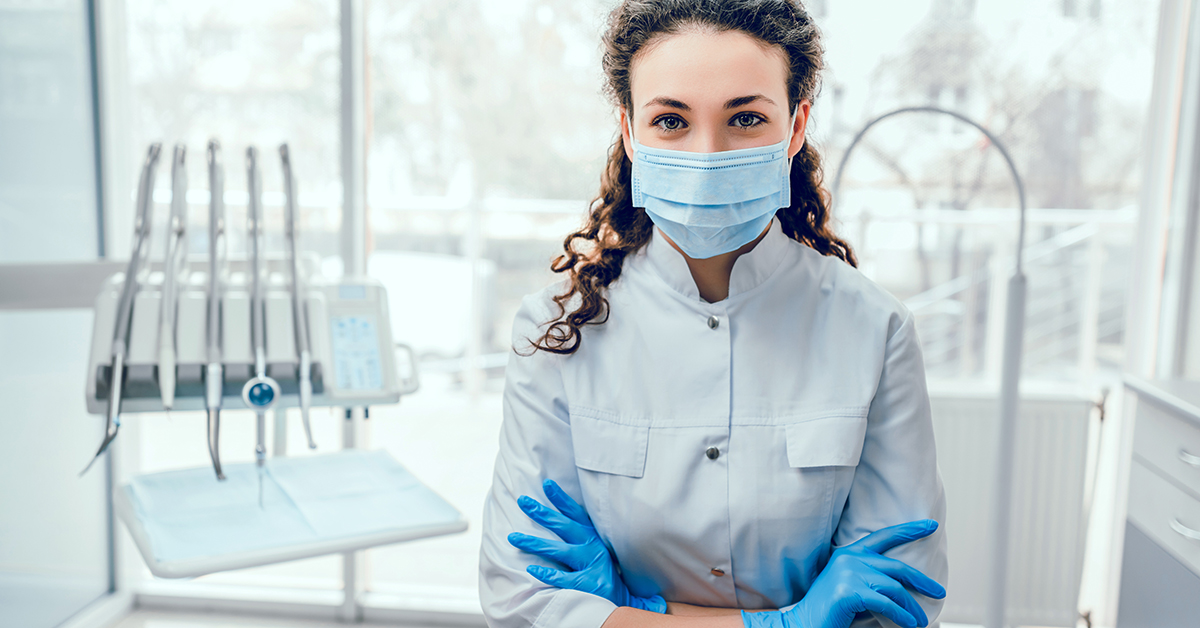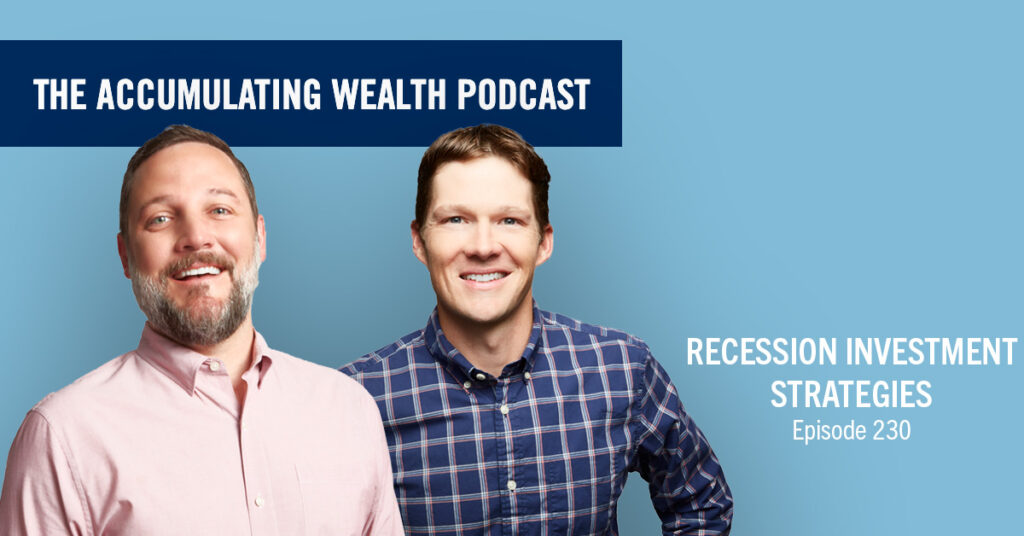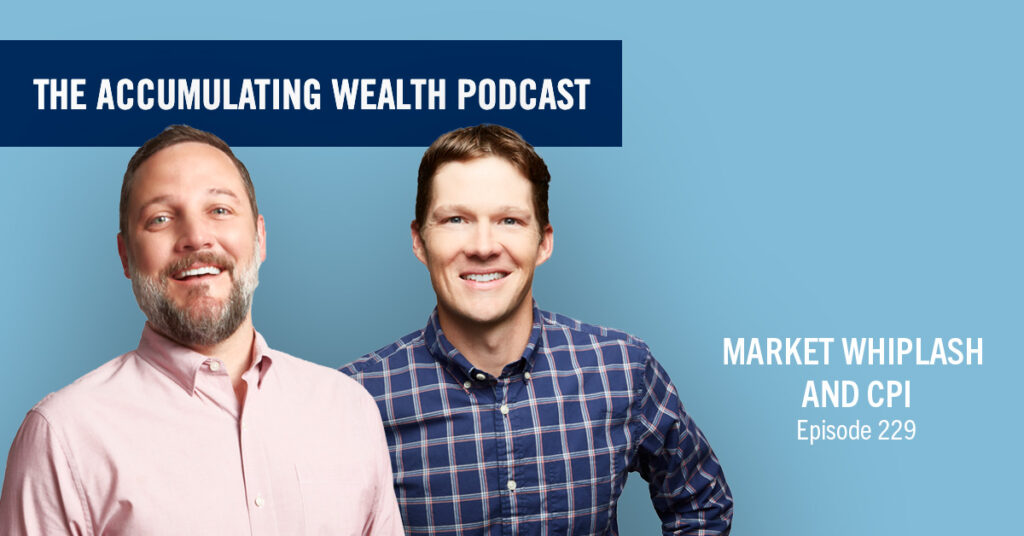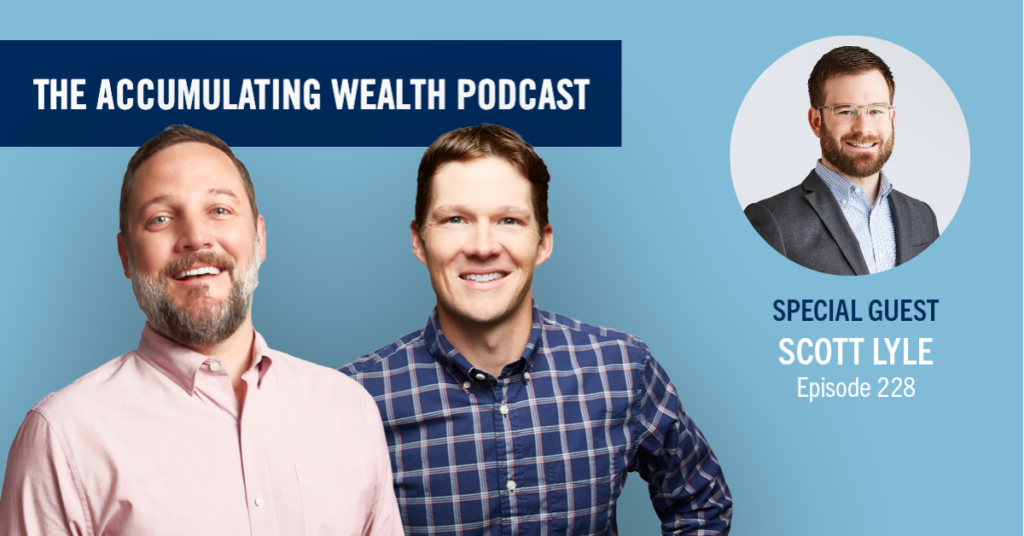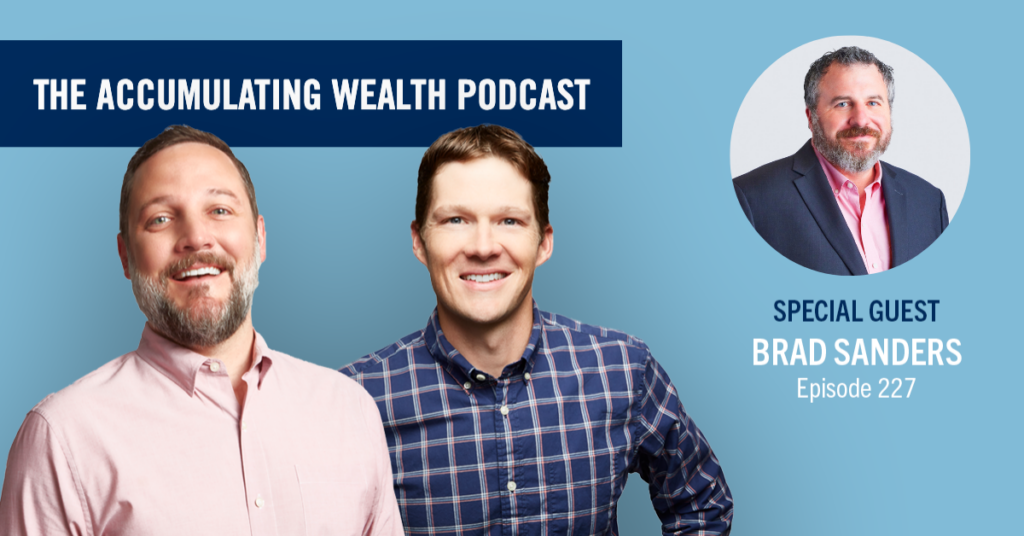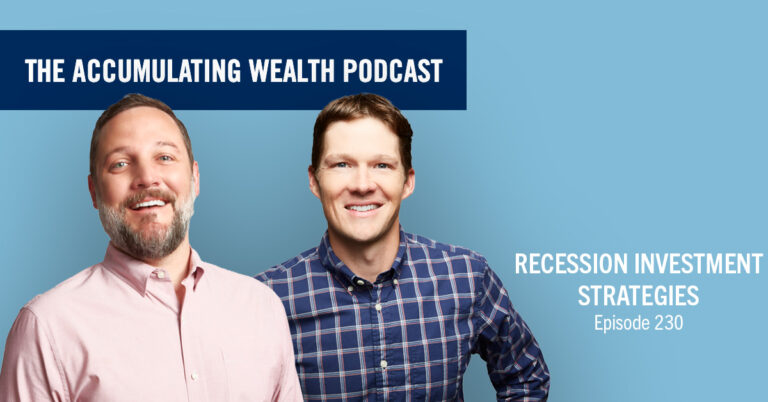Leveraging the short-term business boom for long-term gains
It’s hard to believe it has been over a year now since COVID-19 encroached into our professional and personal lives, bringing with it a whirlwind of mandatory lockdowns, dental practice closures and toilet paper shortages.
What the industry thought might last a month or two is still reverberating through our practices, the economy and the world.
While those early months were turbulent times, it hasn’t been all doom and gloom for dental practices.
Production nationwide is returning to pre-pandemic levels according to a recent American Dental Association (ADA) survey on the economic impact COVID-19 had on dental practices. Demand is high. Patients are coming back for elective procedures they might have put off last year.
Factor in the PPP monies that virtually every practice received, plus lower overhead from the drop in discretionary spending on things like travel and continuing education, and many practices are finding themselves with high cash balances.
Considering this once-a-century pandemic we’re still not quite done navigating; the dental industry is in surprisingly good health.
Why Did Dental Practices Recover Faster than Most Small Businesses?
Dan Wicker, CPA and managing partner at Cain Watters, says many factors played into the speedy comeback.
“In the case of the shutdowns, most doctors are booked 2 months out and hygiene schedules booked 6 months out,” says Dan. “So when the lockdowns lifted, practices came back to scheduled patients from day one.”
Granted, some patients did cancel appointments over fear of COVID-19 exposure, but practices could fill those gaps with patients that lost their appointments during the lockdown.
As patients began to feel more comfortable about coming back, most practices saw a second wave of appointments hit. There was pent up demand for elective procedures, bolstered by stimulus money in their pockets.
Another major factor fueling the comeback, according to Dan, was the simple fact that more people were working from home.
“Working from home gave patients the flexibility to come to the dentist whenever they wanted,” says Dan. “Practices were able to fill their schedules throughout the day, rather than heavying-up in the morning, noon and late afternoon slots.”
Paycheck Protection Program (PPP) stimulus monies played a huge role in the recovery, allowing practices to confidently re-open at full or near-full strength to meet demand. Many practices invested in new safety upgrades that would make those “on the fence” patients feel more comfortable about coming back, such as enhanced PPE and upgraded air filtration systems.
How Should Practices Maximize Their Cash on Hand?
Even with practices making significant expenditures coming out of lockdown, many practices still find themselves with extra cash on hand. So what should practice owners do with this bump in their bank account? Finally update those dental chairs? Pay off student loans? Make up for lost time with a grand vacation?
Practice owners should seize the opportunity of extra cash to strategically help the business. Dan strongly advises his clients to resist the urge to take a larger than normal distribution.
“This is a once in a lifetime opportunity to make a huge impact on your practice going forward,” explains Dan. “Reinvesting tax-free money into your practice will pay dividends for years to come.”
Here are a few strategies Dan suggests practice owners should consider:
- Reinvest in the office without borrowing money (i.e. purchase new equipment, freshen up the office, etc.)
- Pre-fund the current year’s profit sharing plan or finish funding the prior year’s profit sharing if it is not already complete.
- Pay down or pay off practice debt to cut or eliminate interest expenses without any phantom income
- Increase your marketing spend to give your practice a competitive edge
- Restart continuing education programs with a focus on the many new virtual CE programs
If a practice owner does choose to take a larger than normal distribution, Dan suggests leveraging those dollars to improve one’s personal financial situation. If you have not already, consider fully funding your IRA, or moving the distributions into a Roth IRA. Paying off debt or setting up a personal investment account are other smart ways to leverage extra money today for long-term gain.
Should you choose to leverage additional distributions for a personal purchase, ensure it is a one-time expense, and not something that creates a recurring monthly living expense.
What About the Few Practices That Aren’t Recovering So Quickly?
There are pockets of practices around the country still struggling to recover. Perhaps they were shut down longer or the re-opening restrictions were stricter.
Dan suggests following these tips to kickstart their recovery:
- Apply for a second draw PPP loan
- Apply for the new Employee Retention Tax Credit
- Look at your patient roster to find opportunities
- Recall–reactivate lapsed patients
- Undone dentistry–reach out to patients who have been diagnosed but a procedure was never done
- Consider hiring a consultant to increase production and increase office efficiencies
- Increase marketing spend (in conjunction with consultant)
- Reinvest in CE to improve on or add new types of dentistry to your practice
The pandemic was and continues to be the single most disruptive factor the dental industry has ever had to overcome. But with some smart spending strategies, some timely help from Uncle Sam and a whole lot of guts and grit, the industry is pulling through nicely. Here’s to keeping that momentum going strong through the second half of 2021 and beyond.
As always, CWA is here when you need us. Talk to a CWA Advisor to find out how we can help you meet the challenges of today and maximize the opportunities tomorrow will bring.


